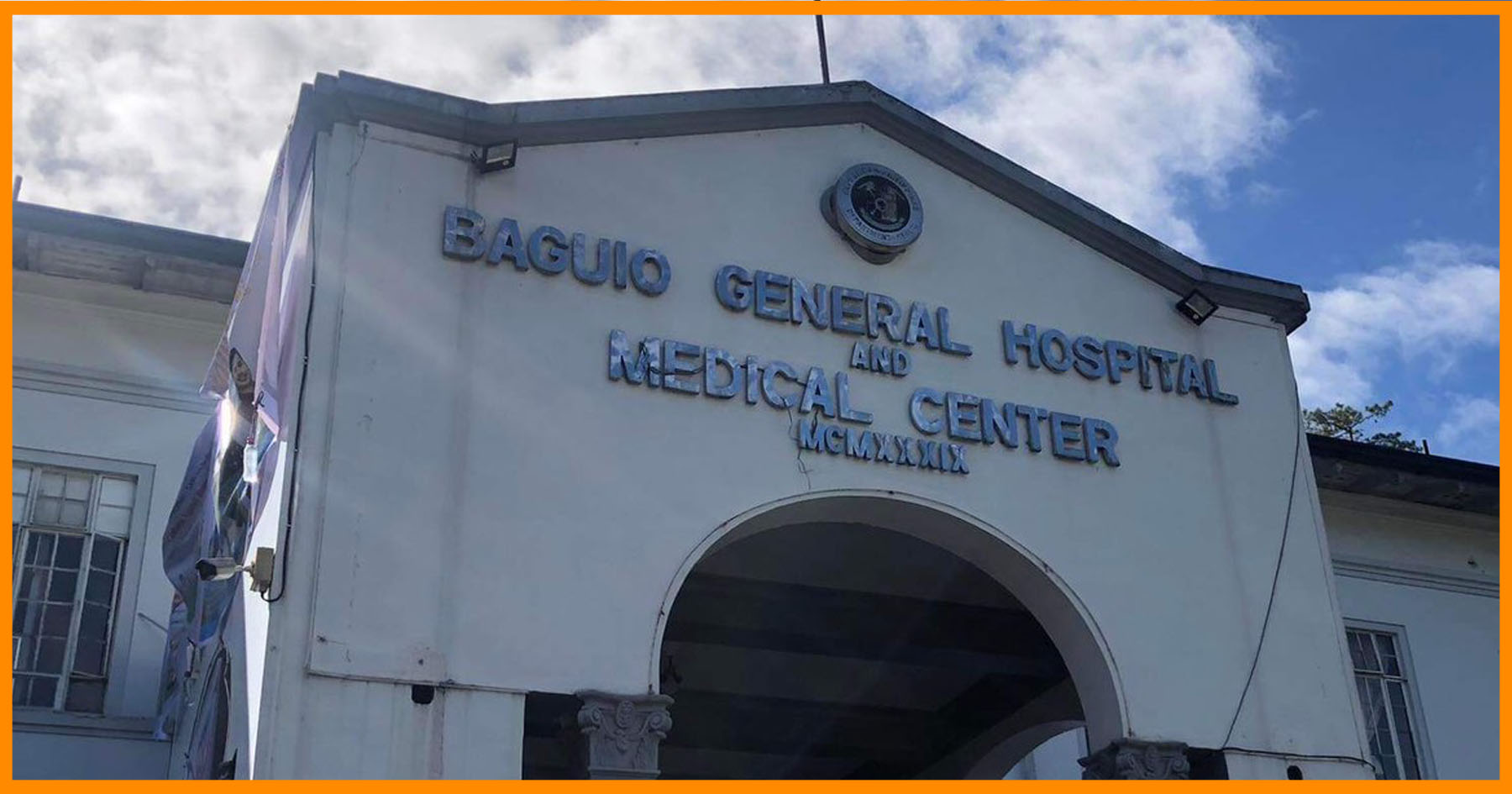BAGUIO CITY – Some fifty nine farmers from the different parts of the city formally graduated from a 12-week urban gardening course courtesy of SM Foundation to help boost their sustainable sources of livelihood and contribute to the production and supply of organically raised vegetables for the rapidly increasing number of consumers in the urban center.
The beneficiaries of SM Foundation’s urban gardening course were selected by the City Social Welfare and Development Office from the current recipients of the government’s conditional cash transfer program for them to have a permament sources of livelihood for their families aside from providing adequate supply of organic vegetables for the city.
The farmers were able to harvest their produce from their planting sites at the Quezon Elementary School and in Happy Hallow in time for their graduation from the urban farming program under SM Foundation’s Kabalikat sa Kabuhayan livelihood program which is geared towards equipping the beneficiaries with the knowledge and skills that they could use to establish their permament sources of livelihood.
In 2006, SM GROUP Founder, Mr. Henry Sy, Sr. thought of a sustainable project that will uplift the living standards of small Filipino farmers. The KABALIKAT SA KABUHAYAN (KSK) Farmers Training Pro-gram of SM Foundation, Inc. together with Harbest Agribusiness Corporation, and the Department of Ag-riculture in cooperation with LGUs and NGOs, was the seed that bore fruits all over the Philippines.
Since the first graduation of the KSK Program at SM City-Bacolod in May 2007, the KSK has evolved into one of the pillars of the SMFI’s CSR Program. Since 2007, the KSK Program has graduated more than 15,300 small farmers, agribusiness entrepreneurs, and agriculturists from the LGUs. The pro-gram has covered 124 sites all over the country where SM malls and SM Markets are located. It is SM’s way of giving back to the communities it serves.
The 12 week, season-long technical and hands-on training on fruits and vegetables high value crops has an average of 100– 120 participants per site. It has developed more than 15,000 small farmers into self sufficient families, earning their living from the vegetables and fruits they produce from their lands. Several of them have indirectly become regular suppliers of SM while majority earn from the local markets they serve.
In 2013, the Department of Social Welfare and Development partnered with us by conducting weekly team building, values formation, and entrepreneurial workshop to farmer participants, in line with their Pantawid Pamilyang Pilipino Program and Sustainable Livelihood Program.
In 2015, the program has produced two sub-projects, the “KSK Rural Farming on Sustainable Ag-riculture”, and the “KSK Urban Farming for Food Security” and introduced our new partner, the MacPlas Academy who specializes in containerized organic urban farming.
The KSK is envisioned to continue its empowerment of small farmers and marginalized families in the years to come.
By HENT














